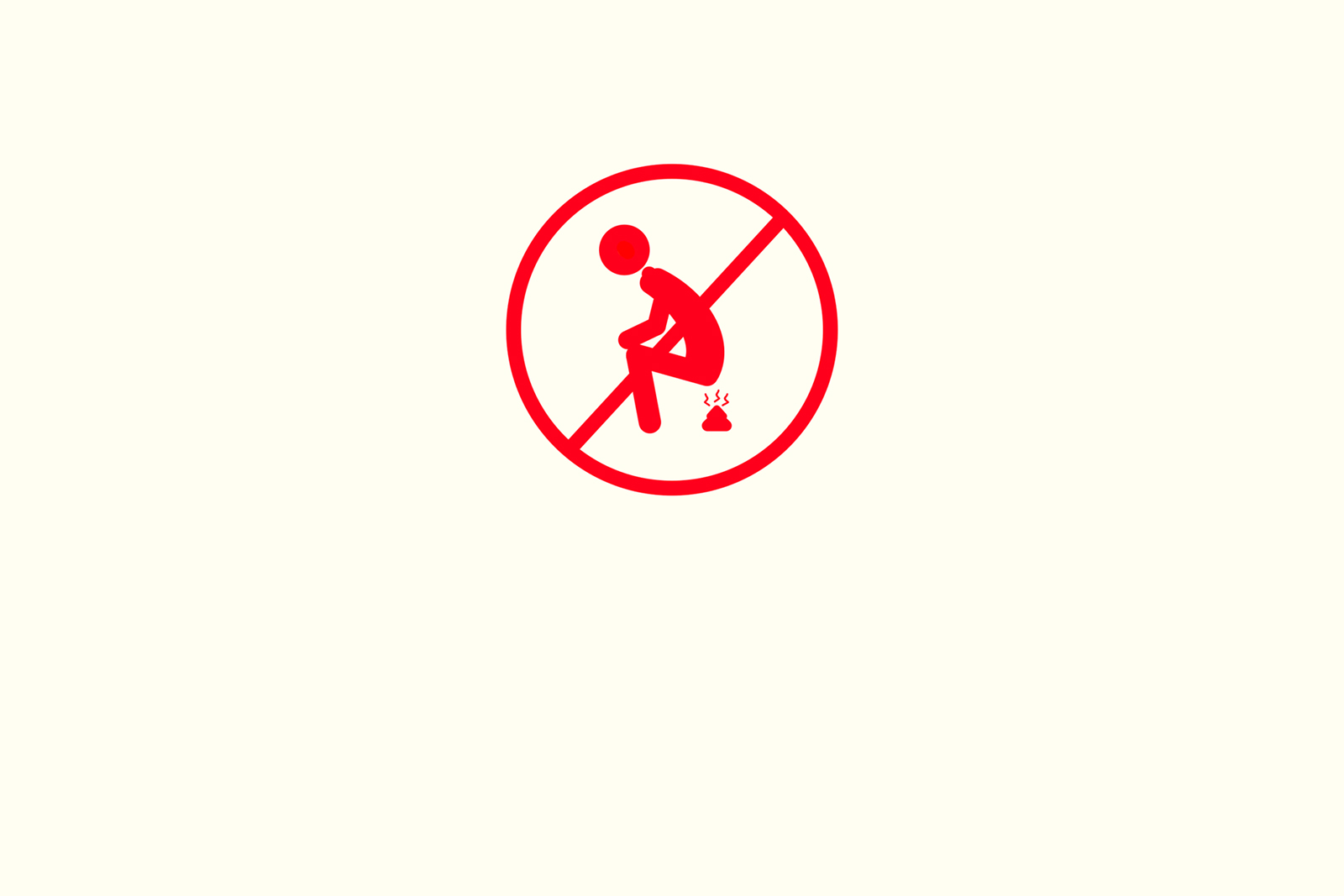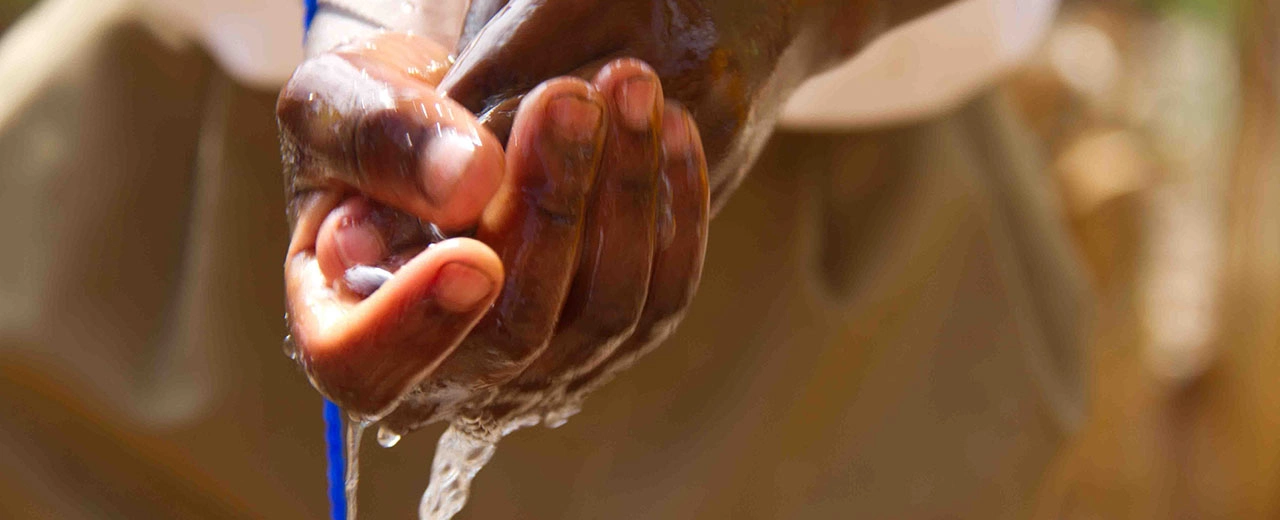Improved sanitation has been around in one form or another for about 5,000 years, and yet well over 400 million people around the world still practice “open defecation.” Why?
The back story
Depending on who you ask, the first “toilets” were built in either Iraq (then known as Mesopotamia), Scotland, or Pakistan. The original designs were pretty basic, but all shared the same common goal of human waste disposal in a managed way.
Back then, the concept that fecal matter could spread sickness and disease wasn’t even a thing. People just didn’t want poop lying around the place, mostly because of the odor and the insects.
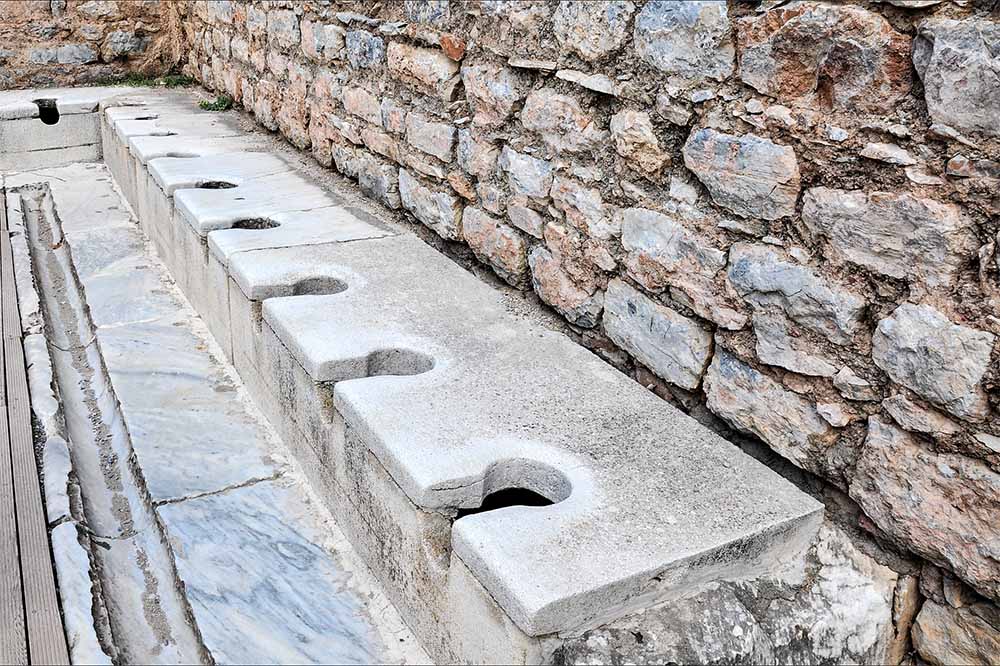
Fast forward five millennia and one might imagine that open defecation should have been consigned to history by now. Yet the most recent estimate from the World Health Organization suggests that 420 million people – that’s around 5% of the world’s population – do not regularly use a toilet to do their business. Incidentally, despite Pakistan being an early adopter of toilets, today around 15 million Pakistanis still regularly defecate in the open.
Remember, toilets take many different forms in different parts of the world. That shiny porcelain potty we’re used to here in the US is not as ubiquitous as you think. Squat toilets are the norm for much of the world, and the majority of toilets in the places where Concern operates are not connected to any water source.

The pit latrine is a low-tech, low-cost way of separating you from your poo, and it’s standard in many rural communities across Africa and Asia. It’s basically a hole in the ground covered by slats and surrounded by some sort of basic structure, generally timber or tin. When it’s full, you simply cover it with earth, move on to another location, and dig a new hole.
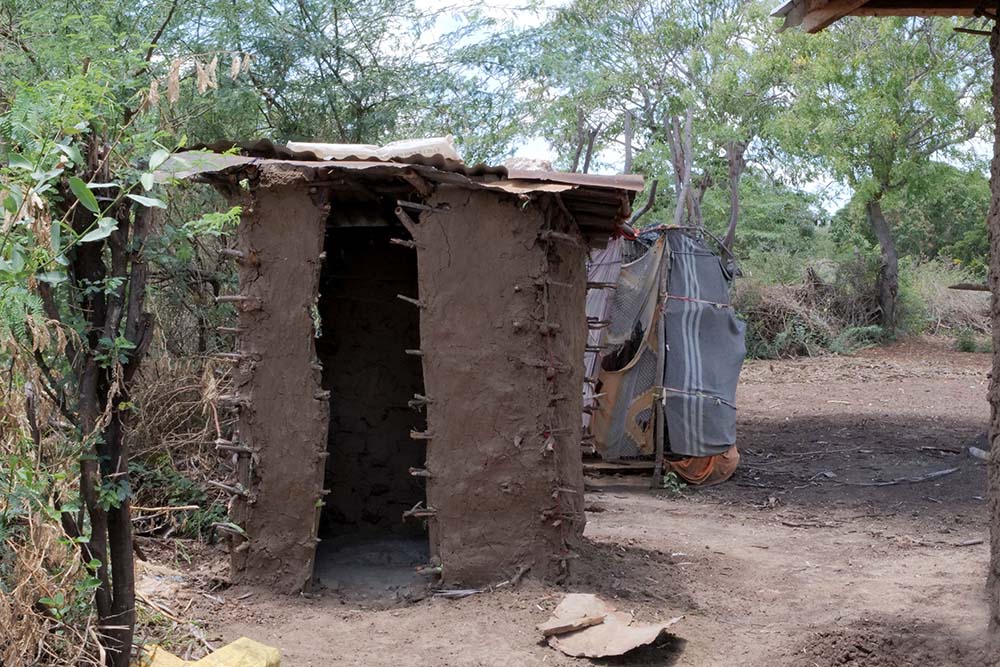
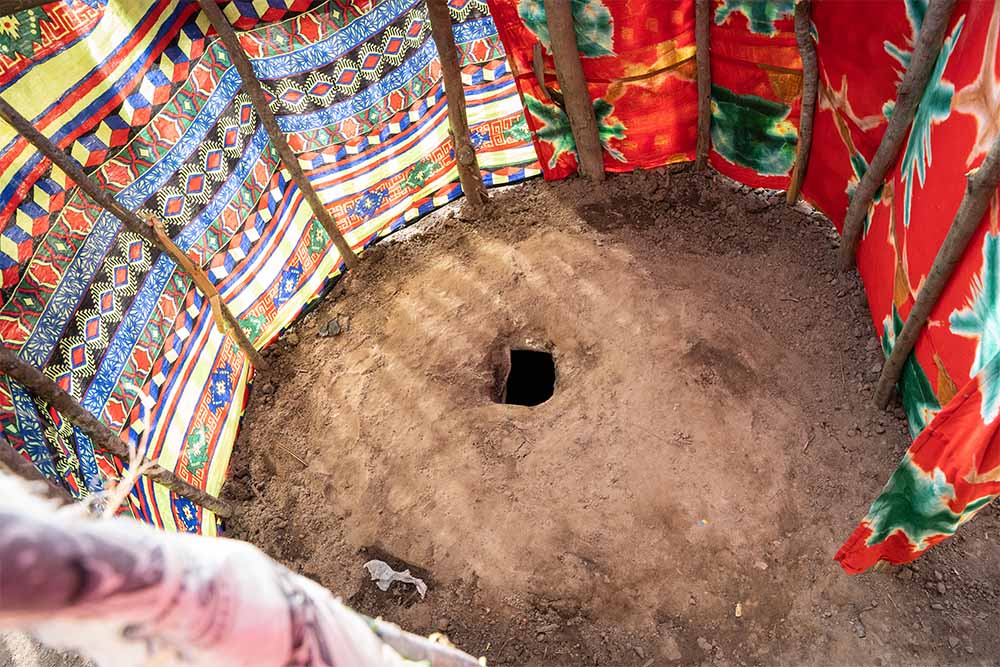
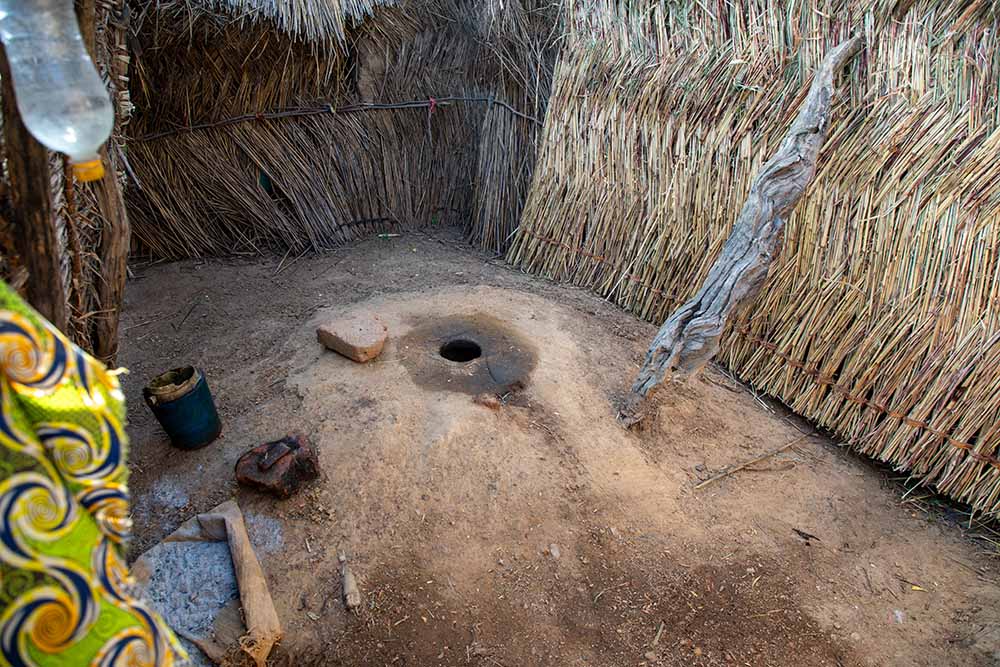
The Bottom line
Before we get to why people don’t use toilets, here are five good reasons why people should use toilets:
- Health: Reduces the spread of diseases like cholera, dysentery, and typhoid, which contribute to child mortality, by preventing contamination of water and food sources.
- Environment: Protects water quality and soil health, ensuring safer ecosystems and agricultural practices.
- Socio-Economic: Enhances dignity, privacy, and economic productivity by reducing healthcare costs and increasing workforce and school attendance.
- Education and Gender Equality: Improves school attendance, especially for girls, by providing safe, hygienic facilities and supporting menstrual hygiene management.
- Community Development: Strengthens community health, cohesion, and resilience to environmental changes and disasters, promoting sustainable development.
The evidence is pretty compelling, if only from a health perspective. Over half a million people die every year as a result of unsafe sanitation, the vast majority of them children under the age of 5. Poverty is a massive factor in the continuance of open defecation. The Sustainable Development Goals, to which all right-minded nations have subscribed, are a roadmap to eliminating extreme poverty, and at Number 6 you’ll find this:
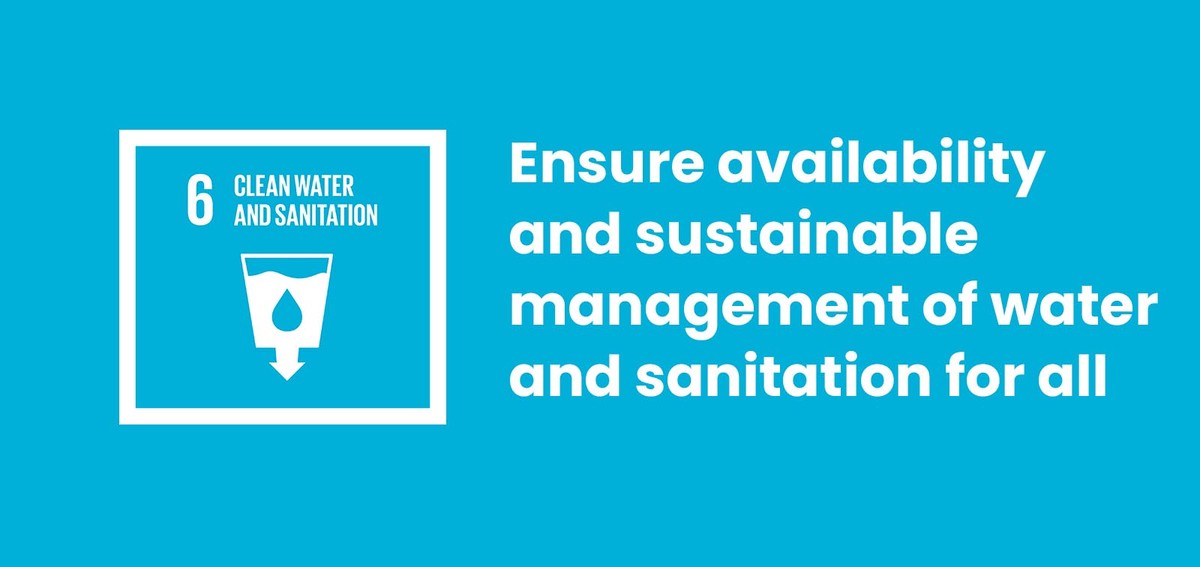
So, back to the main question. Why do nearly half a billion people regularly void their bowels in street gutters, behind bushes, or into open bodies of water? Franck Flachenberg is Concern’s Senior WASH Advisor (WASH stands for Water, Sanitation, and Hygiene) and he says this: "There are a variety of reasons, including financial constraints, cultural practices, space constraints, and gender issues."
Number One
It may seem like the most obvious thing in the world to build some sort of toilet when you’re building a house, but this all depends on the lens through which you’re looking at life.
If you’re living with chronic extreme poverty, it likely means that all your time and energy is taken up with simply making it through the day. Getting food for your family and maintaining a roof over their heads leaves little room for anything else, and that includes digging a 15-foot hole and finding the materials to enclose it. And if you’re chronically malnourished, that means you have less energy to begin with.
Franck Flachenberg says that for most people, cost is the number one issue. “People don't necessarily have the money to buy the bags of cement and metal sheets needed to build a robust latrine. And if they can, they will logically invest them in the house first. For low-cost wooden structures, termites can be a major risk: nobody wants to sit on top of a latrine hole whose base is potentially eaten away by termites."
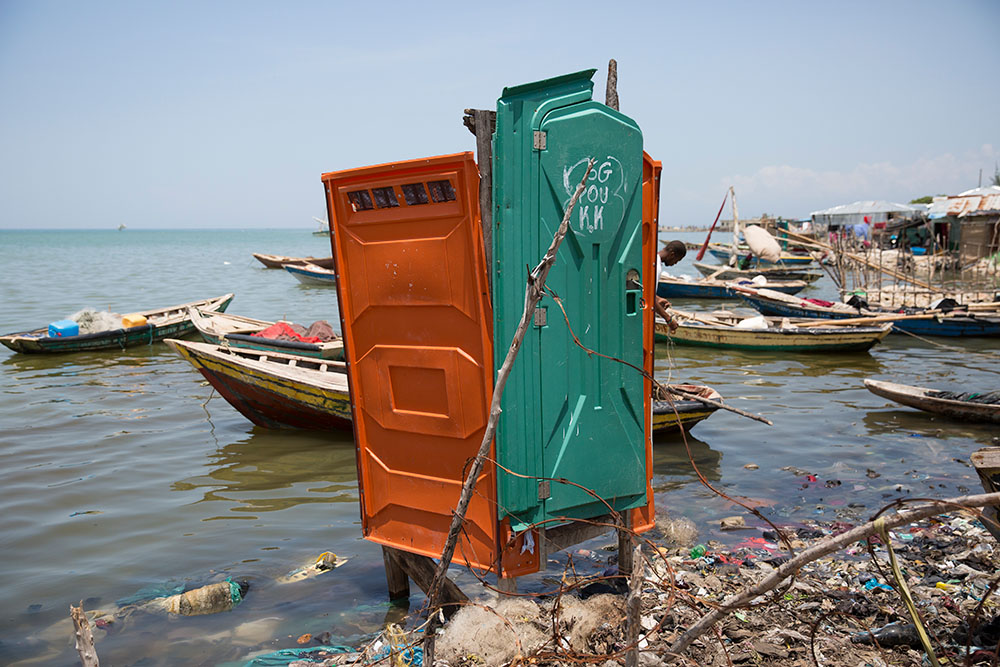
Intergenerational poverty might mean that you never had a shot at a proper education, and thus might not be aware of the dangerous consequences of open defecation.
And then there’s the question of space. Hundreds of millions of people in our world live in informal settlements, commonly referred to as slums, where they’re squished right up against their neighbors and have just enough room to cook and lay down at night.
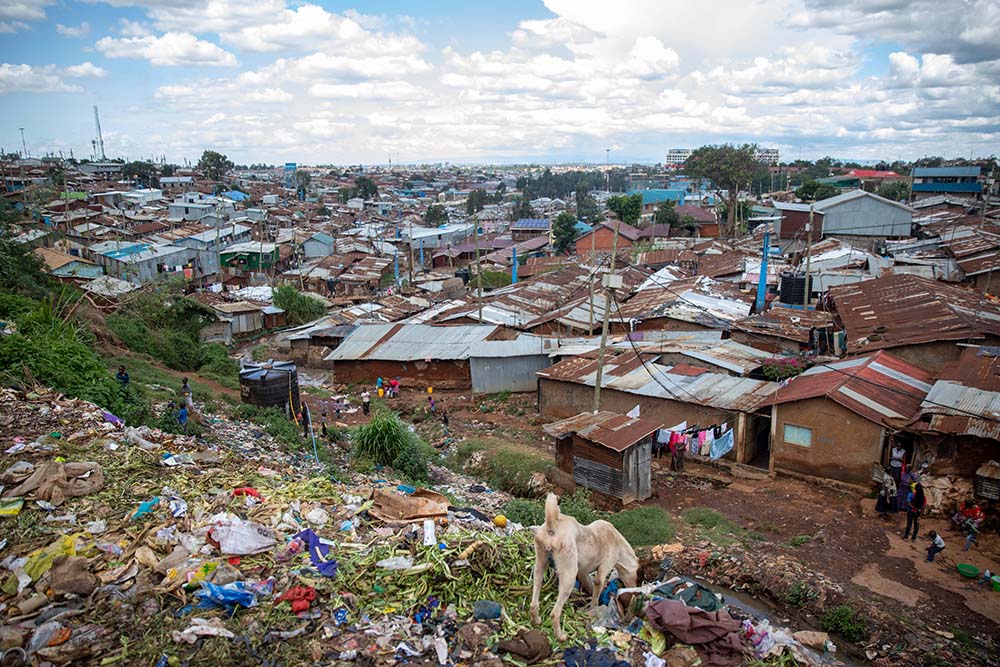
On the run
Conflict is a big factor in the prevalence of open defecation. Fighting displaces millions of people every year, leaving them in a state of transience, without the opportunity to access proper facilities. Often, refugees and internally displaced people gather in camps or informal settlements. “This can be an absolute nightmare if arrangements for proper latrines and water for hand washing aren’t put in place very quickly,” according to Subodh Vijapure, Concern’s Emergency Program Manager. “Diarrheal diseases can spread like wildfire through camps, with people crammed together in close proximity and often weak from physical trauma and lack of food.”
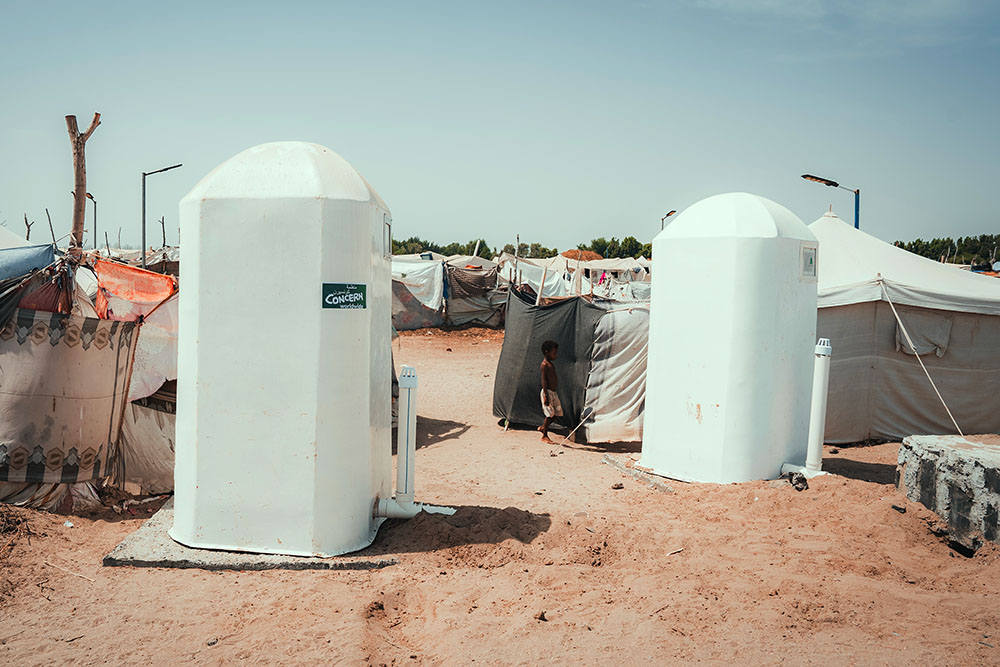
Yemen is a country that has literally been torn apart by conflict. In early 2024, an outbreak of cholera caused by unsanitary conditions put residents of a displacement camp in Dar Saad district at serious risk. Concern engineers moved in to install 34 secure, hygienic latrine units and handwashing stations, supplied with water from a new solar-powered pump and storage system.
When fighting broke out in Sudan in 2023, over half a million people fled across the border into neighboring Chad, initially settling in makeshift tented settlements. Concern’s in-country team quickly provided emergency support, which included the installation of safe, temporary latrines. Often, displacement crises happen in hard-to-reach locations, meaning the logistics of delivering such services are extremely complex and difficult. But it’s literally life-saving work.
Support Concern's work in emergencies
Speaking of Chad, one novel project that the Concern team there supported in recent years, was the repurposing of full-up latrines for a much different use. As Abakar Hassab explained, the ex-toilet was an excellent source of fertilizer just waiting to be used. He organized for the delivery of fruit tree saplings from the nearby Concern nursery, and with a few years, 48 families in one village alone were consuming the harvests from what we affectionately call the “poop trees.”
Natural disasters like floods and earthquakes both displace people and destroy infrastructure, leaving affected populations with nowhere to go. Alongside shelter and food, the provision of clean water and toilet facilities is a top priority for anyone involved in emergency response. The Concern teams in Trkiye and Syria embarked on a massive venture to ensure those left homeless by the February 2023 earthquakes quickly got access to appropriate facilities.
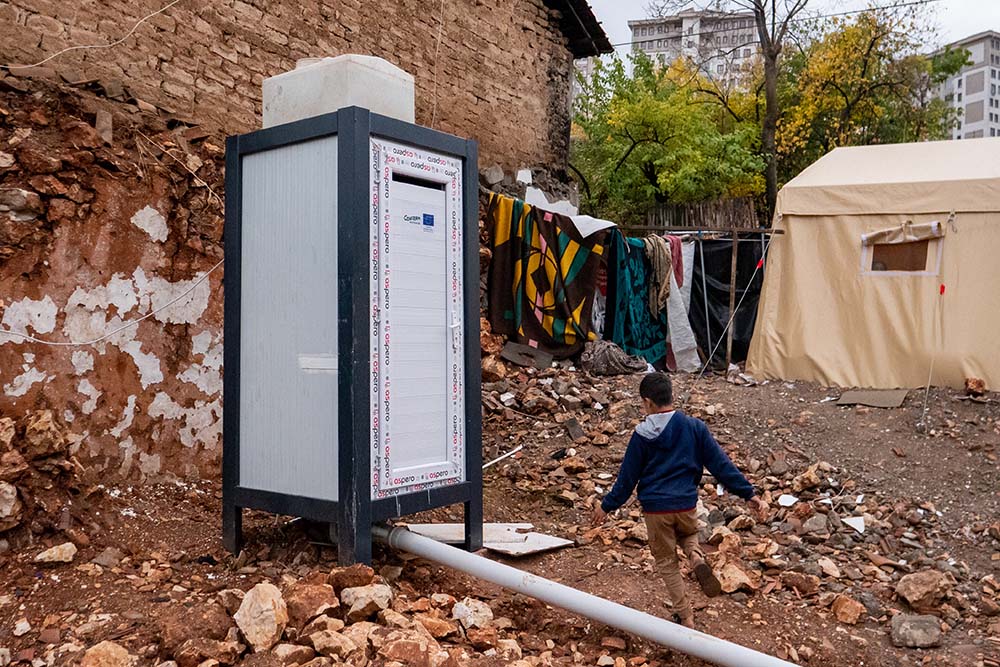
Yes we Can!
Sometimes building toilets is not enough. Franck Flachenberg points out that changing the habit of a lifetime can be hard. "A toilet is a closed space, so it can be difficult to get used to the smell, not to mention the dirt if the latrine is not well maintained"
One country that has consistently struggled with open defecation is Liberia. Concern has joined up with several partners in an alliance with the lofty goal of eliminating open defecation in Liberia and ensure universal access to basic sanitation. It focuses on improving governance, promoting market-based solutions for sanitation products, and encouraging behavioral changes.
That last one is our bit, and so far the plan to influence how people think seems to be working. In 2023 in Grand Bassa County, 83.2% of people were open defecating, but in the space of just one year that figure has already dropped to 65.8%. Part of the solution is the relatively cheap but highly effective SATO toilet pan, which has a gravity flap that effectively seals off the septic tank from the outside world.
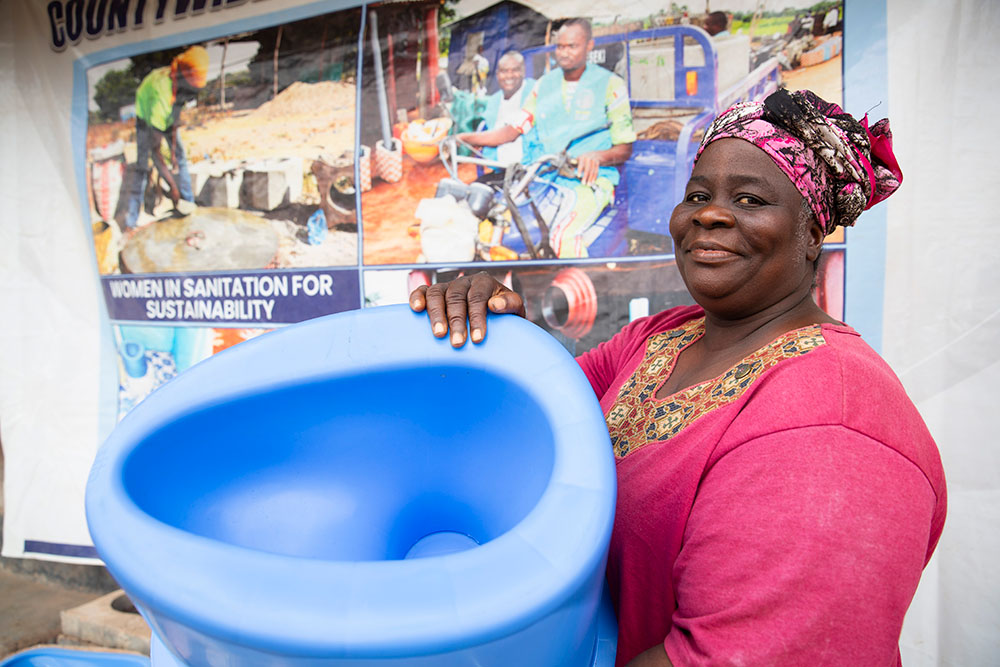
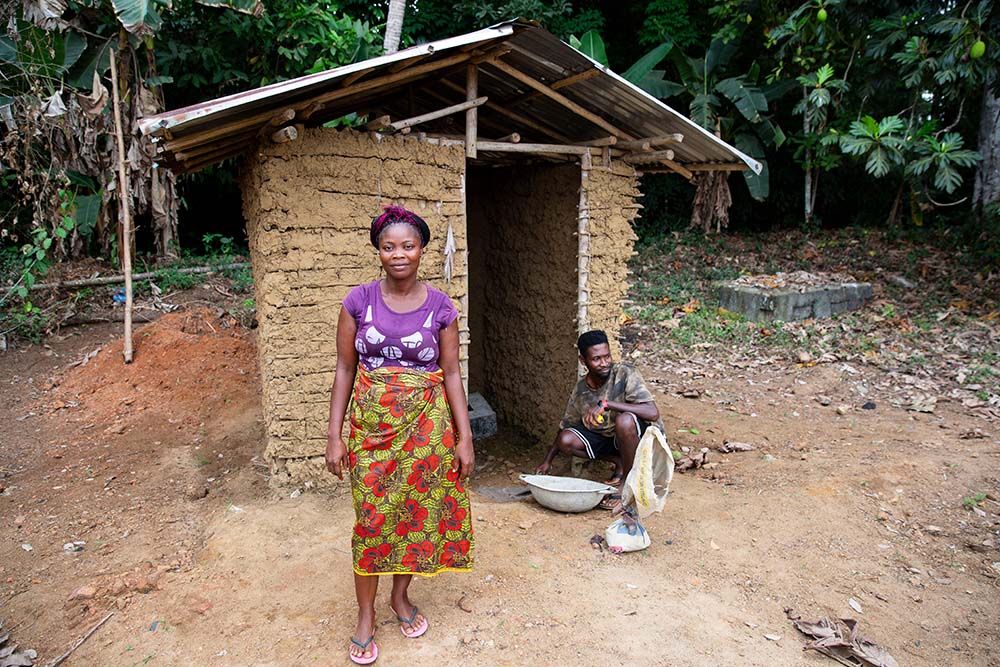
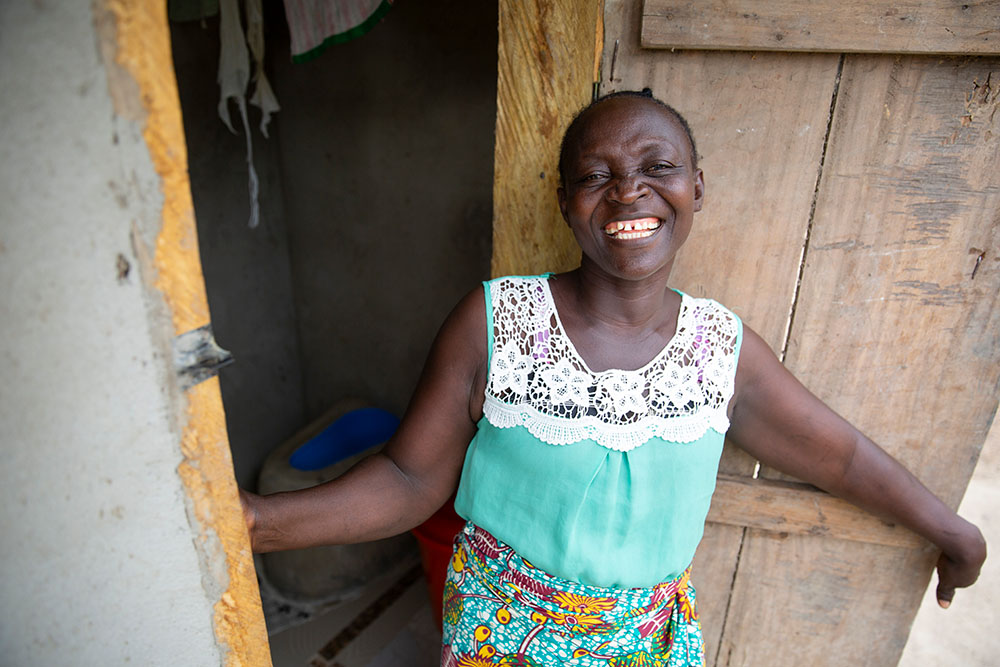
Aletha Reed has built a fabulous latrine near her home, enclosed in a sturdy structure with the SATO set into a concrete pedestal and a septic tank attached. In fact, it’s a twofer, with separate toilets for adults and kids. “I believe it is worth the investment,” she says. The family lives right next to a swamp, which has for many years also served as their toilet. Aletha says it was far from ideal: “There are snakes in there, and my family was fortunate not to get bitten by any.” There was, she adds, also a problem with odor and insects.
Now, Aletha has become an influencer in her community. “I allow my neighbors to use it once in a while as a way of encouraging them to build their toilets.” she explains. And it’s working, with new latrines popping up all around the area.
On the Right track
Sanitation is a human right. In 2015, the UN General Assembly specifically stated that everyone is entitled to sanitation services that ensure privacy, dignity and safety, and that are accessible and affordable. That’s a human right that is still denied to nearly 2 billion people in our world today. Apart from a reduction in human misery, there’s also a clear economic benefit to investing in improved sanitation. A WHO study in 2012 calculated that for every $1.00 invested in sanitation, there was a return of $5.50 in lower health costs, more productivity, and fewer premature deaths.
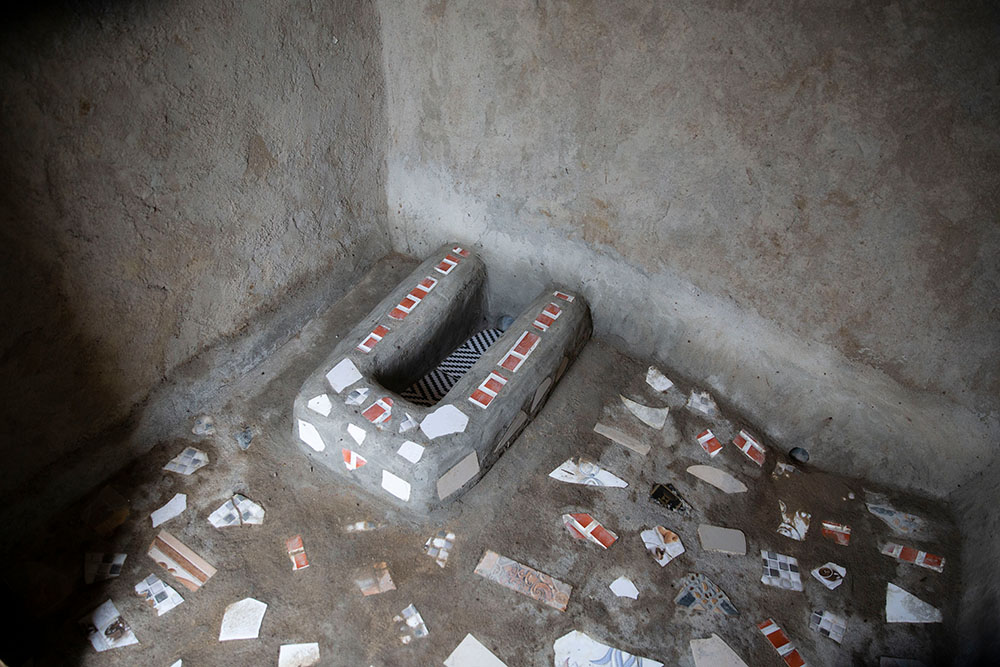
Sinéad O'Reilly is Concern's Head of Health Support and she points out that, as with most things in life, all is not equal when it comes to answering the call of nature. "It can be really unsafe for women and girls to go to the toilet and that's something we urgently need to address. Women and girls are particularly vulnerable to harassment and sexual assault, especially at night, especially in remote locations, and especially if there is no secure, lockable latrine available. Across our countries of operation, we are working to ensure that access to sanitation is not just dignified, but SAFE."
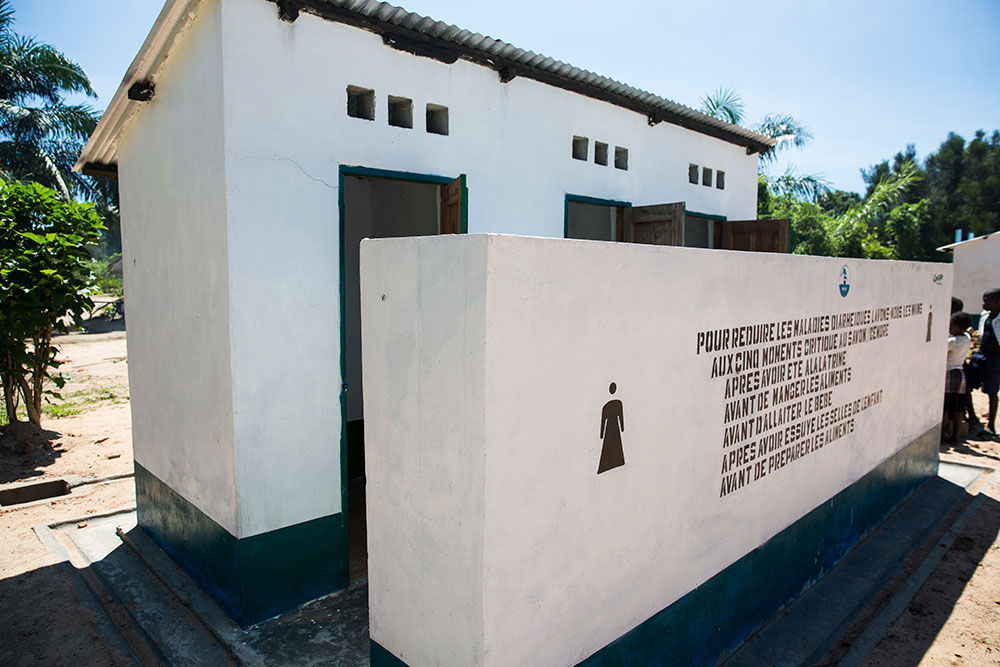
The good news is that the level of open defecation globally has been consistently falling over the past two decades – from 22% in the year 2000 to 5% in 2022. That’s a pretty dramatic decrease, and testament to all the hard work that’s been done to improve WASH infrastructure and disseminate essential health information.
Franck Flachenberg is optimistic, but cautions that there's much work yet to do. "This is absolutely a battle we can win. It's a mammoth task to end open defecation, but it's so important and we have come so far. Everyone – local and national governments, institutional donors, organizations like Concern, and most importantly, community leaders and local civil society – need to keep their foot on the pedal and continue to drive change."

